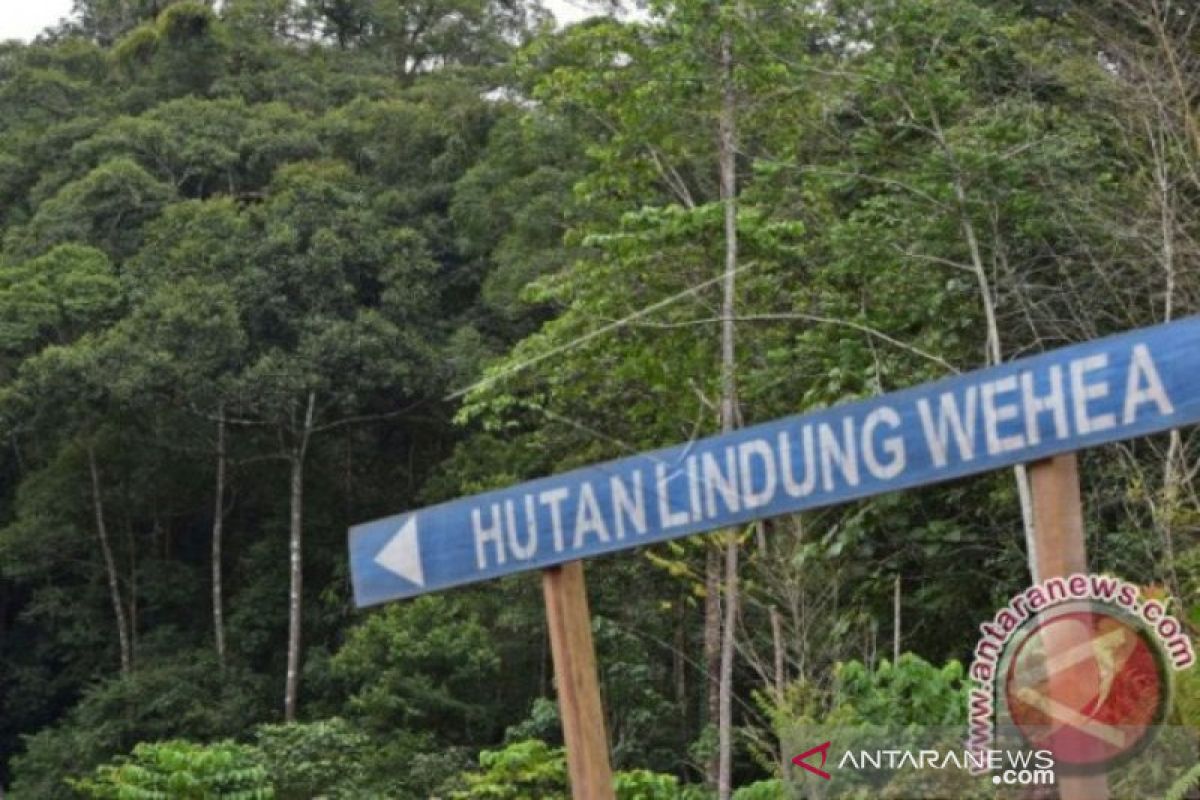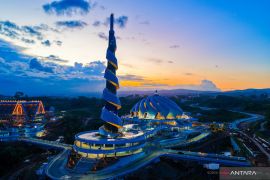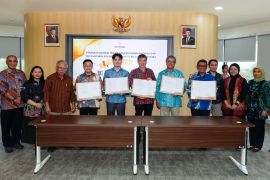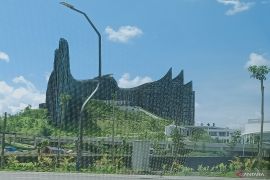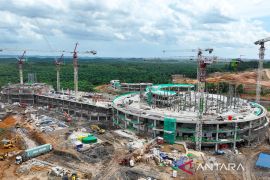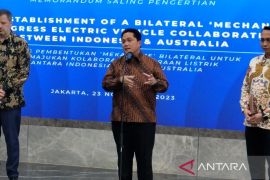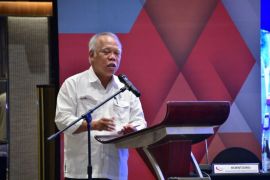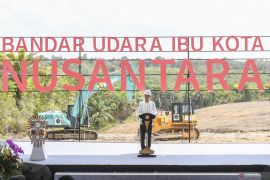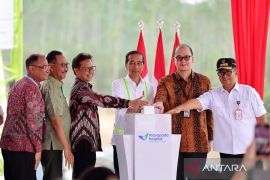“The plan to relocate our capital to East Kalimantan, if executed without prioritizing environmental protection, can carry risks of creating fresh environmental problems in the new capital, just as Jakarta suffers from environmental crises today. Jakarta’s air is polluted not only by a poorly planned transportation sector but also from the many coal-fired power plants in the area around it. If Indonesia’s new capital city also relies on coal power as Jakarta does, then do not expect the move to a new capital to bring a breath of fresh air," Country Director of Greenpeace Indonesia Leonard Simanjuntak noted in a statement on Wednesday.
The concerns were raised following President Joko Widodo’s Monday announcement on the relocation of the Indonesian capital to an area straddling the districts of North Penajam Paser and Kutai Kartanegara, East Kalimantan.
He was apprehensive of history repeating itself, particularly if the government were to proceed and build “mine-mouth” coal-fired power plants, as currently planned in several locations in East Kalimantan.
Related news: Capital city concept to entail environmental restoration: minister
Construction of these mine-mouth coal-fired power plants will wholly undermine the smart, green city concept promoted for the nation’s new capital. They must be stopped, and clean, renewable energy should be provided as the city’s energy source. These coal mines will not only cause air pollution but also have other environmental impacts. Deforestation for mines can lead to floods and reduce clean water supply leading to shortages, as had taken place in nearby Samarinda, he noted.
“The threat posed by the global climate crisis, combined with environmental mismanagement of Jakarta, should not be a reason to cut and run by moving the capital. However, it must be a wake-up call and become a major consideration in Indonesia’s development strategy going forward," he remarked.
Currently, the rate of land subsidence in Jakarta is between one and 15 centimeters (cm) annually and combined with the rising sea level reaching 8.5 cm, it translates to most of North Jakarta being submerged by 2050.
Related news: Kalimantan forest to remain intact despite capital development
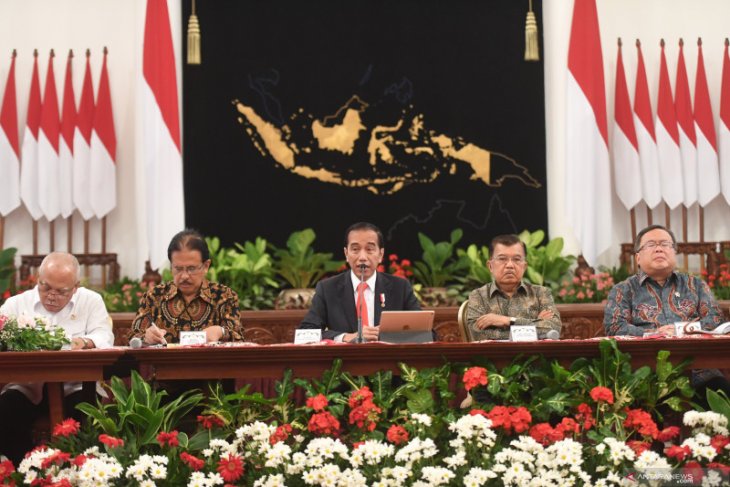
"The relocation of our capital will only displace environmental problems or even create new ones if we do not take full stock of the unfolding climate crisis. A very strong government commitment is called for to ensure no excessive land conversion and additional deforestation takes place at the new capital city site. The way to achieve this is to apply a ‘compact city’ concept, deploying electricity-based mass public transportation, with the city’s primary energy source being renewables, and with waste management geared towards a zero-waste city. Only by planning with these in mind can a new capital city not exacerbate the current environmental and climate crisis,” he stated.
Greenpeace has raised concerns over the proposed area being susceptible to forest fires. During the 2015 fires crisis, a total of 3,487 fire hotspots were recorded in Kutai Kartanegara District. This year, some 105 fire hotspots had already been found, and the fire season has not yet run its course. Analysis by Greenpeace indicates a "burn scar" area affected by forest fires totaling 35,785 hectares during the 2015-2018 period.
The environmental harm caused by fires and the subsequent air pollution impacts residents living in proximity and far. It is a problem recently brought up by a successful citizen lawsuit – and it is one that Jokowi’s government must address head-on if it is to move the capital city to Kalimantan.
Related news: Forest preservation prioritized in capital city transfer to Kalimantan
Greenpeace emphasizes that the development of the new capital must not impinge on protected areas or nature reserves, as that would certainly cause additional deforestation and threaten endangered endemic species, such as the Bornean orangutan.
“Environmental concerns must once again be underlined as a fundamental consideration in relocating the capital city. It is unfortunate that this process is being carried out in a hurry and without an adequate public consultation process. In democracies, open discussions to listen to the aspirations of the public, including ensuring the consent of local indigenous people, must be an integral part of important public decision-making. This must be an important note for President Jokowi,” Leonard emphasized.
In the meantime, Environmental Affairs and Forestry Minister Siti Nurbaya has made assurance of the new capital city development not harming the environment and actually improving the environment in East Kalimantan. Related news: Public Works Ministry ready to build capital city in East Kalimantan
Kepala BMKG, lokasi ibu kota baru dari segi kegempaan paling stabil
Reporter: Fardah
Editor: Azizah Fitriyanti
Copyright © ANTARA 2019
